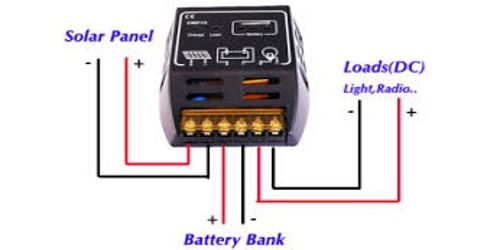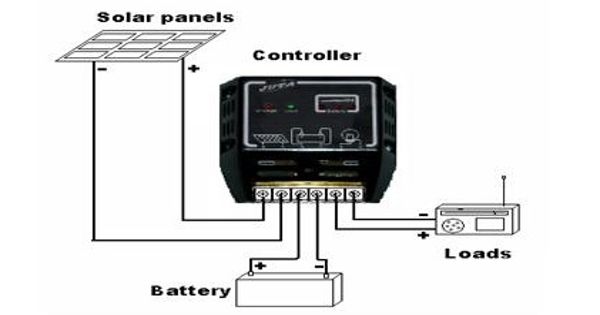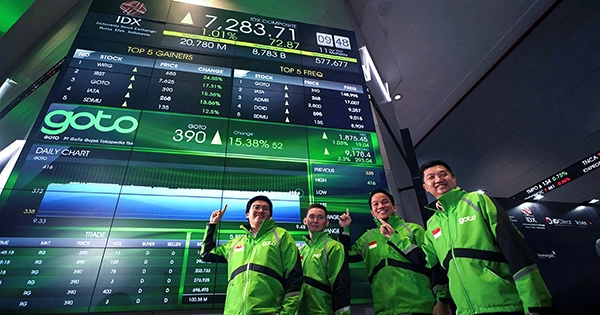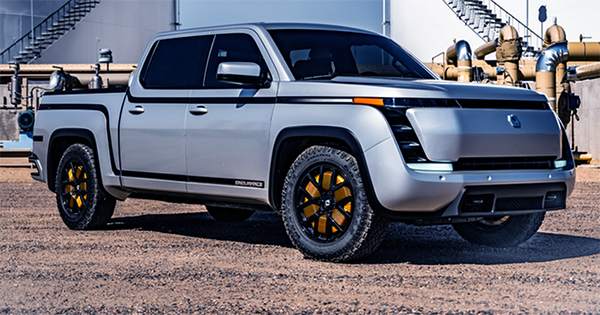Charge control is a technology that lets an electric utility control, in real-time, the charging of a gridable (plug-in) vehicle, such as a plug-in hybrid (PHEV) or a battery electric vehicle (BEV). The charge controller is an essential component of every off-grid system. Through charge control, the utility is able to postpone the charging of the vehicle during times of peak demand. Another purpose of the controller is to charge the batteries at the correct voltage level. This helps preserve the life and health of the batteries.
Additionally, this technology may enable the owner and the power company to track the vehicle’s usage and performance, while on the road and while charging. The charge controller may have additional features such as optimizing the energy collected from a solar panel and being able to store the energy into a variety of battery types. One of the most common problems with batteries is that they cannot be discharged excessively or recharged too often. A charge controller controls the charge by managing properly the battery voltage and current.

Sub: solar charge controller
Charge control advantages
- During times of peak demand, the electric utility prefers to reduce the demand, rather than turning on additional power plants. In places that subscribe to smart power grid services, the electric utility shuts off appliances such as air conditioners until the peak demand is over.
- The main purpose of the controller is to prevent the batteries from overcharging. The controller directly reads the battery level, and once the battery is full, it knows to slow down the rate of solar charge to a float, keeping is from charging the batteries past 100%. This is important as overcharging the batteries can potentially ruin them.
- Charge control is not as far-reaching as V2G (a technology that allows the power company to buy energy back from a plug-in car) but is very effective because it is less expensive to implement than V2G.
- The hardware used in charge control also monitors the vehicle. As a side benefit, that information is available, through the web, to both the electric utility and the owner, for the purpose of tracking and optimizing the performance of the vehicle.
- Eventually, the electric utility may offer better pricing to owners of charge control equipped vehicles.
















